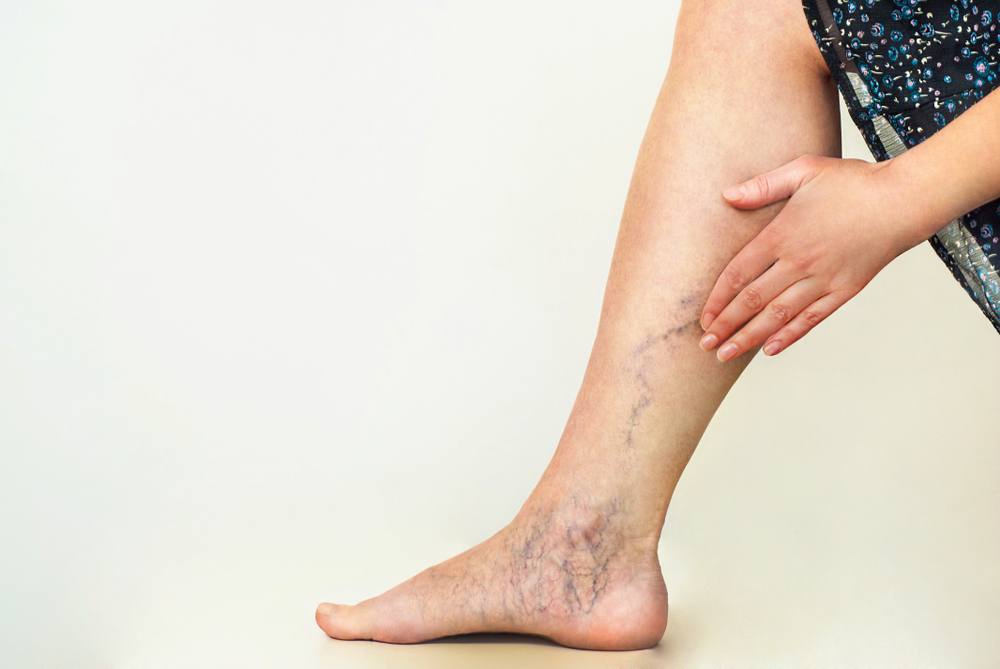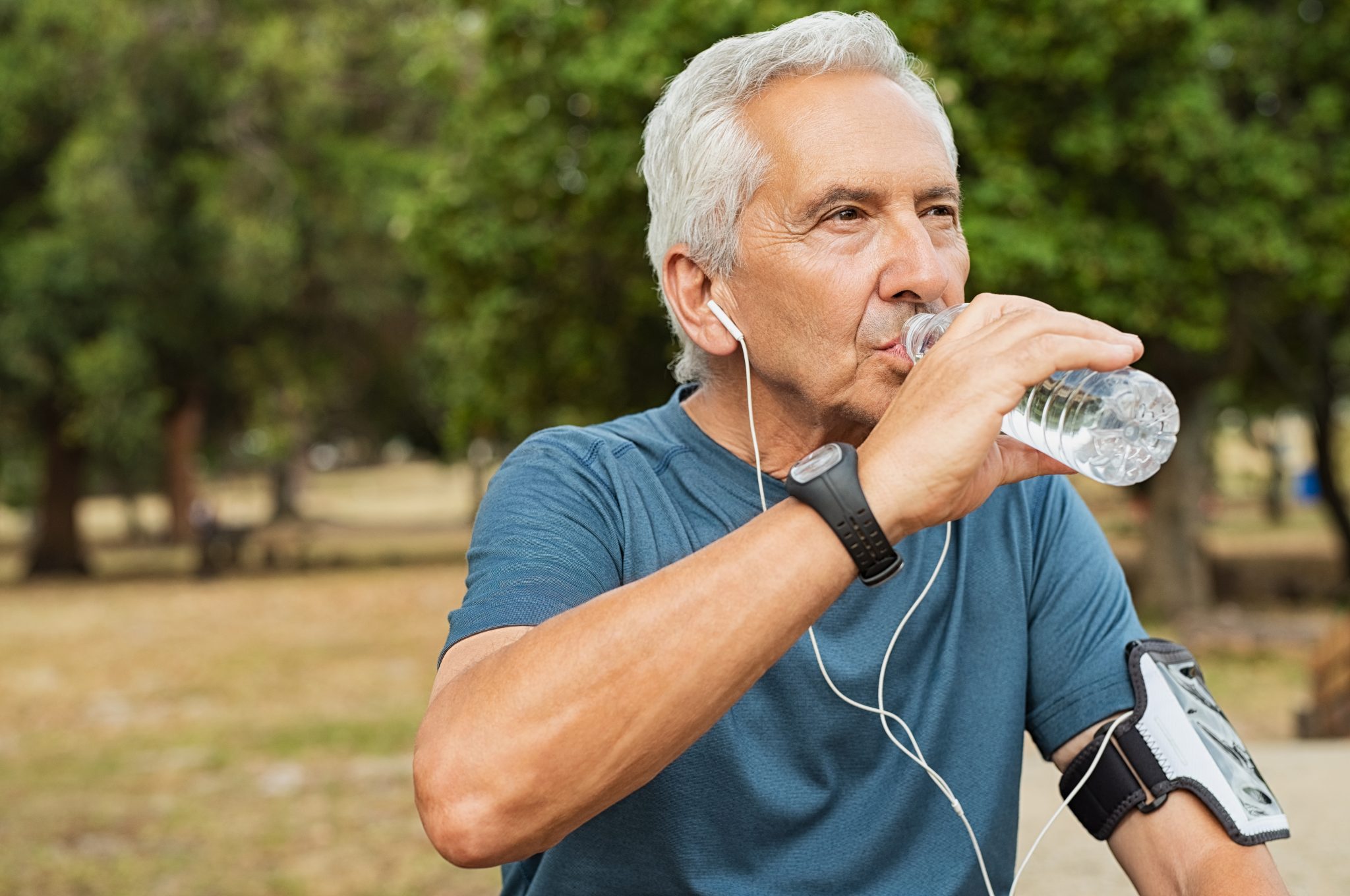Heart disease and summer: 9 tips to keep you healthy
Heart disease can refer to any blocked or constricted blood vessel that may lead to a stroke, heart attack, or even angina. Also, these conditions that affect the heart muscles or the valves in the heart are also considered as heart disease.
Heart disease and summer heat together may prove to be very dangerous. People having heart problems must take special care of themselves in summers. A lot of medicines used for heart disease can affect adversely if the body is exposed to heat.
When temperatures rise, your body starts to work a bit differently. Your heart has to work harder and pump blood faster to other parts of the body so that the body temperature stays regulated. If the body is not cooled properly, then the chances are that the person might suffer a heat stroke, which may be fatal in some cases. Heat stroke can affect anyone, but people who suffer from heart disease are at greater risk.
Here are 9 tips that help you stay healthy and avoid problems associated with heart diseases and summers:
1. Avoid vigorous exercises and activities
In summers, the temperature of the body is higher, and the heart has to work harder. If a person does any physical activity that requires more energy like running, jogging, and other vigorous exercises, the heart may have to pump blood faster. In summers, chances of heat stroke are greater, especially for people with heart disease, so it is better that we should not put so much pressure on our body. It is preferable to move your plans ahead when the weather is cooler or go for exercises indoors, such as an indoor pool or a gym.
2. Drink plenty of water
Water helps your body to stay at a regulated temperature. It keeps the body hydrated and lets all the body parts function properly. One of the best ways to prevent heart disease in summer is to drink lots of water and other drinks that have electrolytes. Electrolytes are very beneficial for balancing the hydration and keeping the body’s electrical system under control. Drinking plenty of water regulates the heartbeat.
3. Stay away from caffeine and alcohol
Caffeine and alcohol have always been considered harmful to health. Both caffeine and alcohol lead to dehydration. Dehydration of the body is considered dangerous for health, especially for people with heart disease. In summers, since the body needs water to stay at a controlled temperature, it is better to avoid beverages such as coffee, tea, alcohol, etc. These drinks not only deteriorate your health but also dehydrate your body.
4. Stay in a cooler environment
The heat during the summer season is unbearable. Therefore, it is better to stay indoors in peak hours. Also, turn on air conditioners or fans; if air conditioning is not an option. A person suffering from heart disease should be very careful of his surroundings. If he thinks his place is not cool enough, he should better go somewhere else like a friend’s house, mall, or library; the point being that your body must stay cool enough so that your heart does not have to bear much load. Your health is important than any other thing in this world.
5. Wear lightweight and light-colored clothes
Dark colors absorb heat while lighter colors reflect heat. In the summer season, people suffering from heart disease should make sure they wear light-colored clothes to reflect the maximum amount of heat. Similarly, heavy-weight clothing absorbs heat, but lighter weight clothing does not. Wearing lightweight clothes help escape the heat and prevent your body from sweating, which automatically keeps you cool.
6. Apply sunblock
During summer days, heat is intolerable. A person should avoid going out in the sun, however, if necessary, always apply sunblock before stepping out in the sun. If your body gets sunburnt, it is a lot more difficult for it to stay at a cooler temperature, which is not good for heart patients. Moreover, the sunblock should have a sun-protecting factor 30, which means it can protect you from heat well.
7. Observe the color of your urine
It is very important to monitor the color of urine. Dark urine means that it is more concentrated since the body is dehydrated. In the summer season, the body requires a lot of water than normal to stay hydrated. You should ensure that you are drinking enough water and taking sufficient quantity of other fluids, so your urine is light in color, which is a sign of being properly hydrated.
8. Measure your weight before and after exercise
First, a person with heart disease should avoid heavy physical activities, especially in summers. If he still wants to work out, he should make sure the exercises are light and do not pressurize your heart to pump blood faster. Also, it is better to measure your weight before you start exercising, and after you are done. By this, you can calculate the water weight lost during the workout. Then, drink the amount of water you think you have lost.
9. Eat healthy, eat light
It is better to drink more than eat in summers. People with heart disease should eat a light and nutritious diet. Avoid foods that contain a high amount of sugars and carbohydrates. This puts more pressure on your heart and is not good for your health.
As the climate is changing rapidly, it is affecting most of the world’s population. The ozone layer is being deteriorated, and the UV rays are directly reaching the earth’s surface, which is very harmful. People with heart disease should avoid going out in the sun since heat affects them more than normal people. They should ensure that they follow the tips to stay healthy in summers. The most important point is to keep their body cool at a maintained temperature. This means the heart would have to work normally, and no extra pressure would be required to pump blood to all parts of the body and keep the temperature regulated.





